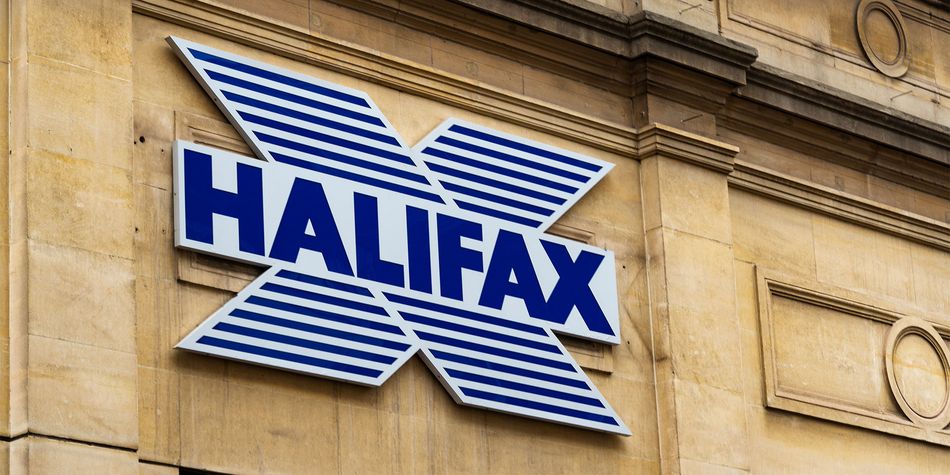4 helpful tools to beat scams

Business is booming for fraudsters - in 2024, £1.17bn was stolen from UK victims. The latest AI tools allow them to create highly convincing scam attempts more quickly and with fewer technical skills than ever before.
It's easy to feel powerless in the face of fraud, or to assume you need lots of tech know-how to stay safe. Thankfully, that's not always the case. Some of the most effective checks you can perform are simple, free and used regularly by Which? scam experts to investigate and expose.
Read on to find out which tools you need in your fraud-fighting arsenal.
1. Domain checkers
Scammers are adept at creating convincing-looking websites which claim to be genuine businesses. In many cases, these are copycats of banks, big name retailers and other trusted organisations. In others, they create a completely fictitious business which claims to have been around for years.
A domain checker (such as lookup.icann.org) shows you a website's age. This can be hugely revealing if, for example, a site claims decades of experience serving customers, but was only registered last week.
Similarly, major organisations are likely to have registered their websites years or even decades ago. Indeed, our own site was registered in 1995, but that didn't stop criminals from impersonating us with a site set up three decades later, in July 2025.
To check, simply input the website address into the domain checker's search bar. This takes seconds to perform and could prevent you from being tricked into sharing your personal and payment details with a fraudster.
2. Reverse image search
Scammers frequently use images copied from other websites - particularly in online shopping scams, where they save time by copying listings from legitimate sellers or sites. They may also steal social media images from genuine users in order to create bogus profiles.
Reverse image search tools such as Google Images and TinEye allow you to upload an image or paste in its URL to see where else it has appeared online. If an image has been used by multiple unrelated businesses or individuals, that could be a sign of deception.
Similarly, if an image claims to show a named individual (for example, a company representative) but turns out to be a generic stock image, that should raise your suspicions.
3. The FCA register
If you've been offered a brilliant-sounding investment or eye-popping savings rate, make sure you check the Financial Conduct Authority (FCA) financial services register and its warning list before parting with your money. Even if you think you're dealing with a well-known financial firm, don't take the risk before checking them out.
Doing so will help you avoid any clone firms which are impersonating the major players. That's because the register shows a firm's authentic website and contact details, while the warning list exposes known copycat firms. Always contact providers using the details listed on their register entry to verify requests coming from other sources.
The register also shows whether firms are authorised in the UK and which services they're allowed to provide. Check these as unscrupulous firms sometimes operate without permission.
4. Which? scam alerts
In 2020, Which? launched its free Scam Alerts weekly email to share warnings about the latest scams in circulation alongside advice on spotting, avoiding and recovering from scams.
Since the launch of Scam Alerts, we've helped our subscribers avoid an estimated £5.5m in scam losses*. Sign up for our free weekly Scam Alert emails to have them delivered to your inbox weekly. The scam alert service is also available on WhatsApp.
If you're a Facebook user, you can also join our Scam Acton and Alerts group – join our growing community of more than 41,000 members all working together to help raise awareness about the latest scams.
* Estimate based on Which? Scam Alert annual subscriber surveys between 2021 and 2024, n=4,270.




